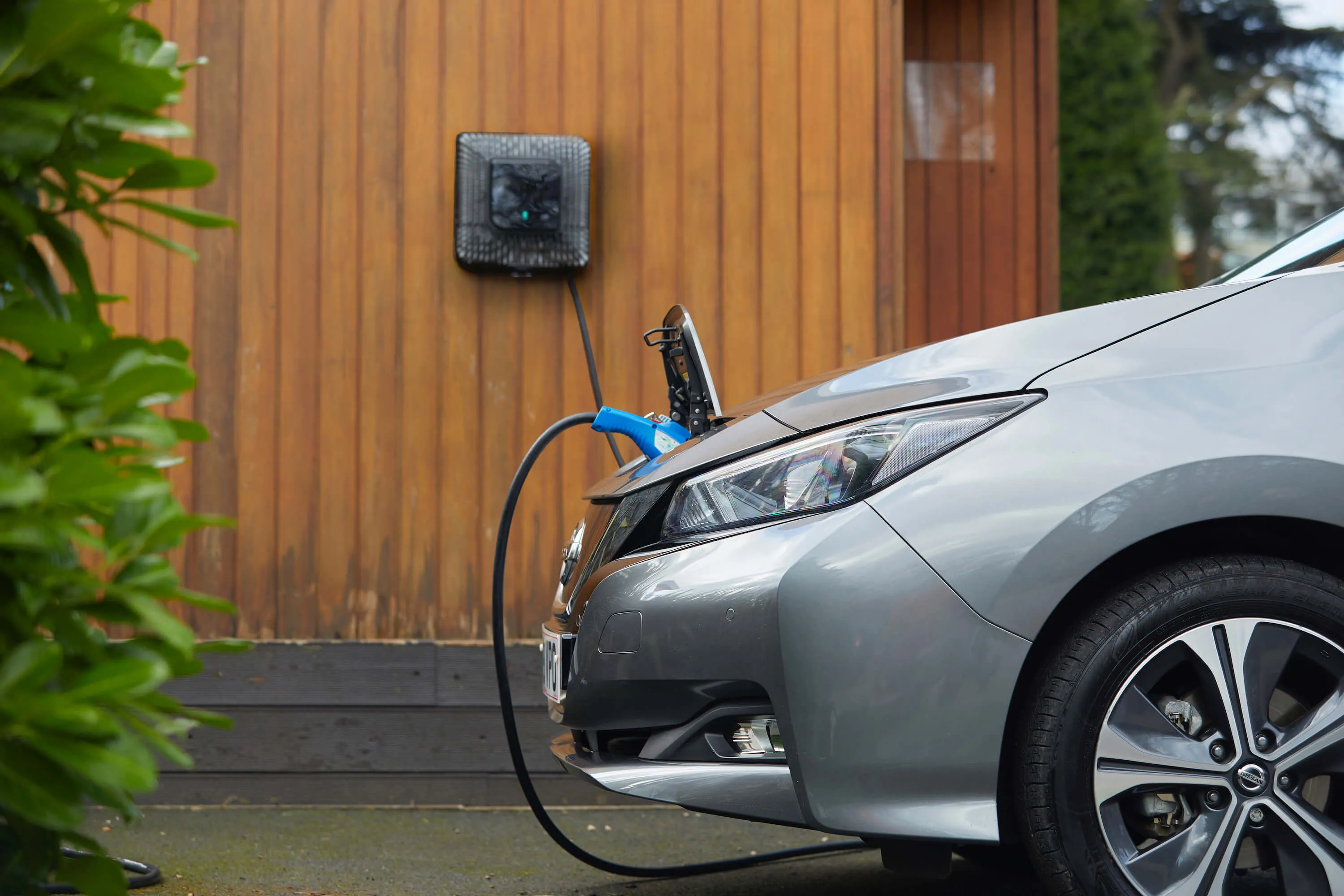A group of scientists from Korea Advanced Institute of Science and Technology (KAIST) has developed what is claimed to be the country’s first foldable electric vehicle (EV), the school has announced. Developed by Seo In-soo and his research team, the Armadillo-T uses a 13.6 kWh battery and four independent in-wheel motors that enable it to reach 60 kilometres per hour and travel approximately 100 kilometres on a single charge. The small, battery-powered vehicle weighs less than 500 kilograms and measures 2.
August 16, 2013
Read time: 2 mins

A group of scientists from Korea Advanced Institute of Science and Technology (7443 KAIST) has developed what is claimed to be the country’s first foldable electric vehicle (EV), the school has announced.
Developed by Seo In-soo and his research team, the Armadillo-T uses a 13.6 kWh battery and four independent in-wheel motors that enable it to reach 60 kilometres per hour and travel approximately 100 kilometres on a single charge.
The small, battery-powered vehicle weighs less than 500 kilograms and measures 2.8 metres in length. Its size can fall to 1.65 meters as the rear part can slide forward, folding the two-seat doors up vertically, according to the school.
The four in-wheel motors also provide effective four-wheel drive and enable it to rotate 360 degrees when it is folded. Side view mirrors were substituted with surround-view cameras, the researchers said.
Seo said he believed the folding electric vehicle could solve various transportation-related issues, reduce air pollution and lessen the country’s dependence on foreign oil.
The school, however, admitted it still had a long way to go before the vehicle could be used on the road. It is necessary to revise current rules here to allow micro electric vehicles to be legally registered, and more financial support is needed to commercialize the model, the school said.
Developed by Seo In-soo and his research team, the Armadillo-T uses a 13.6 kWh battery and four independent in-wheel motors that enable it to reach 60 kilometres per hour and travel approximately 100 kilometres on a single charge.
The small, battery-powered vehicle weighs less than 500 kilograms and measures 2.8 metres in length. Its size can fall to 1.65 meters as the rear part can slide forward, folding the two-seat doors up vertically, according to the school.
The four in-wheel motors also provide effective four-wheel drive and enable it to rotate 360 degrees when it is folded. Side view mirrors were substituted with surround-view cameras, the researchers said.
Seo said he believed the folding electric vehicle could solve various transportation-related issues, reduce air pollution and lessen the country’s dependence on foreign oil.
The school, however, admitted it still had a long way to go before the vehicle could be used on the road. It is necessary to revise current rules here to allow micro electric vehicles to be legally registered, and more financial support is needed to commercialize the model, the school said.









